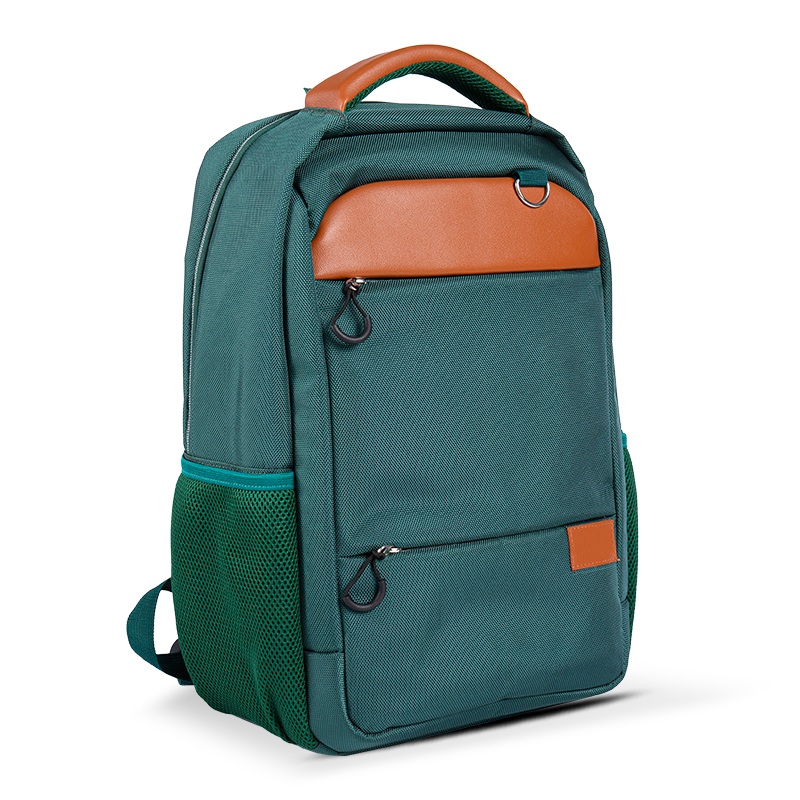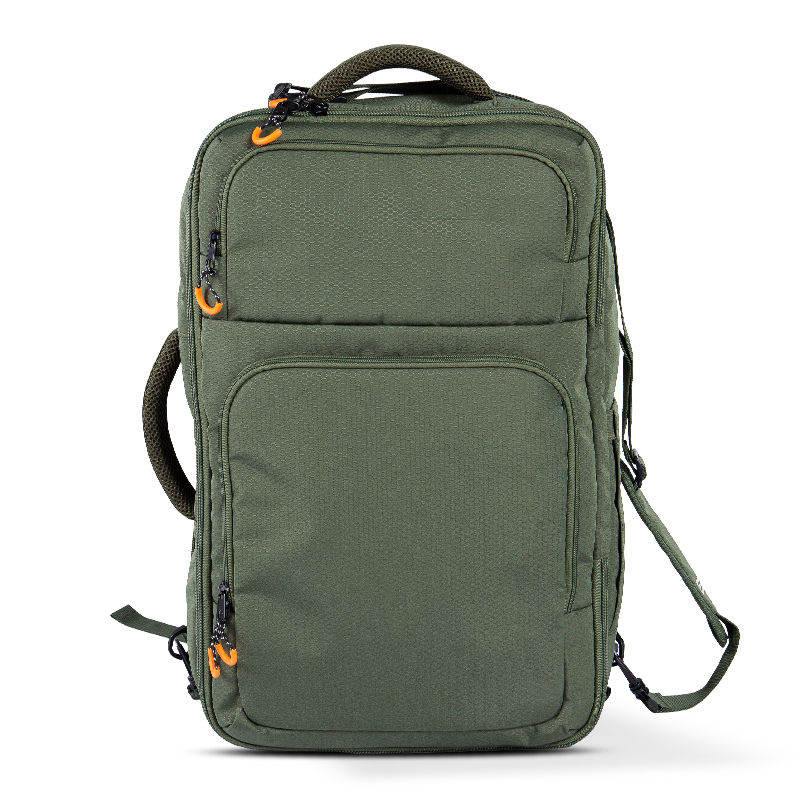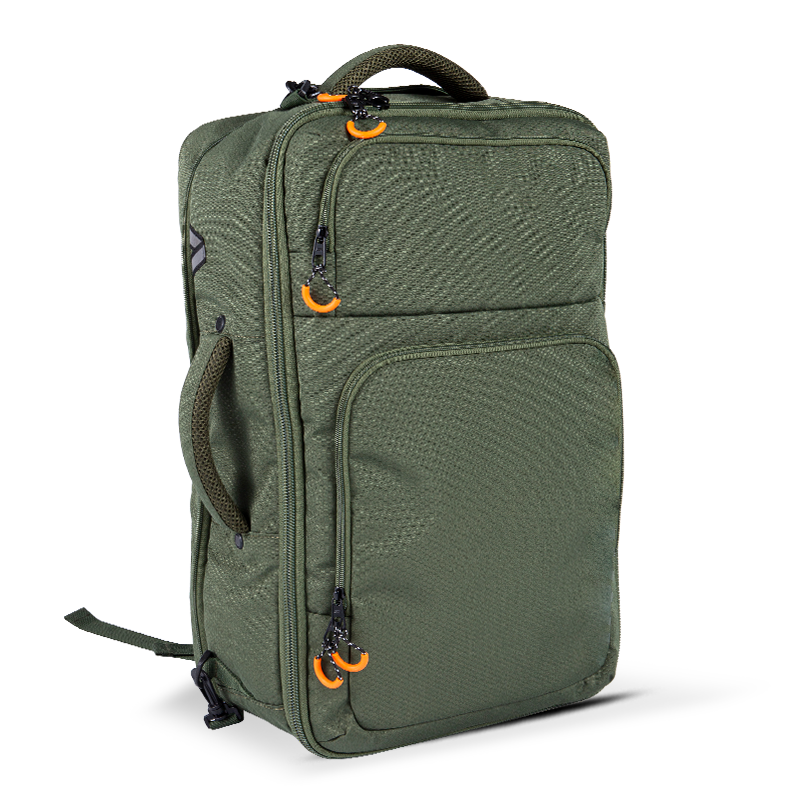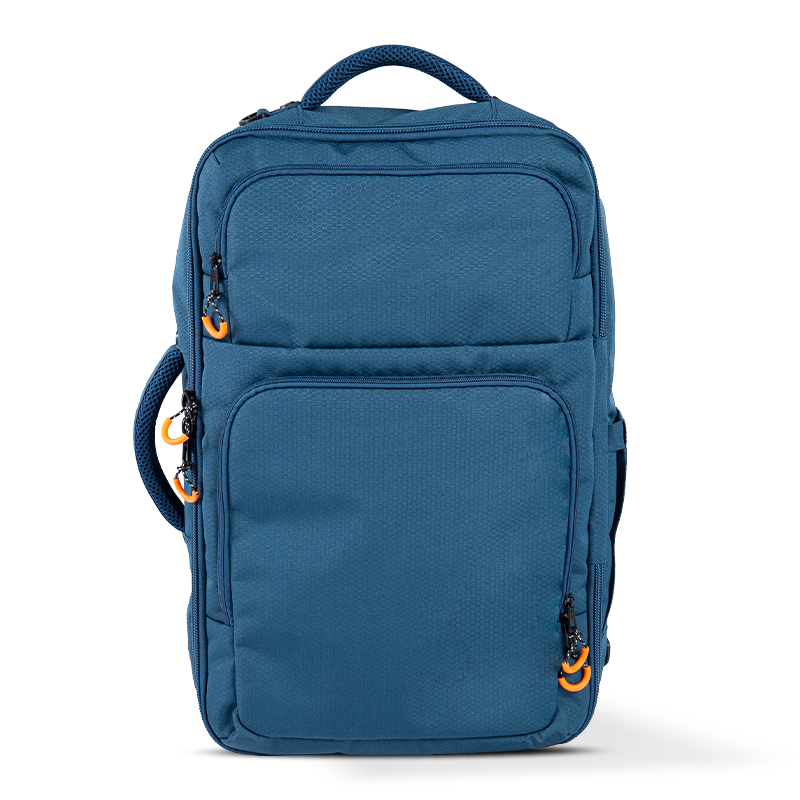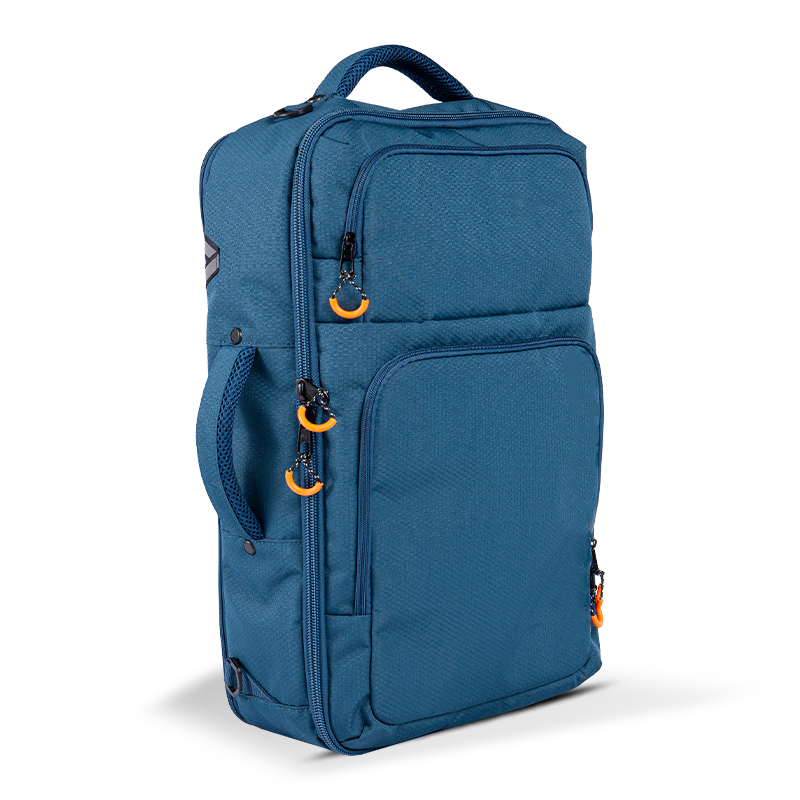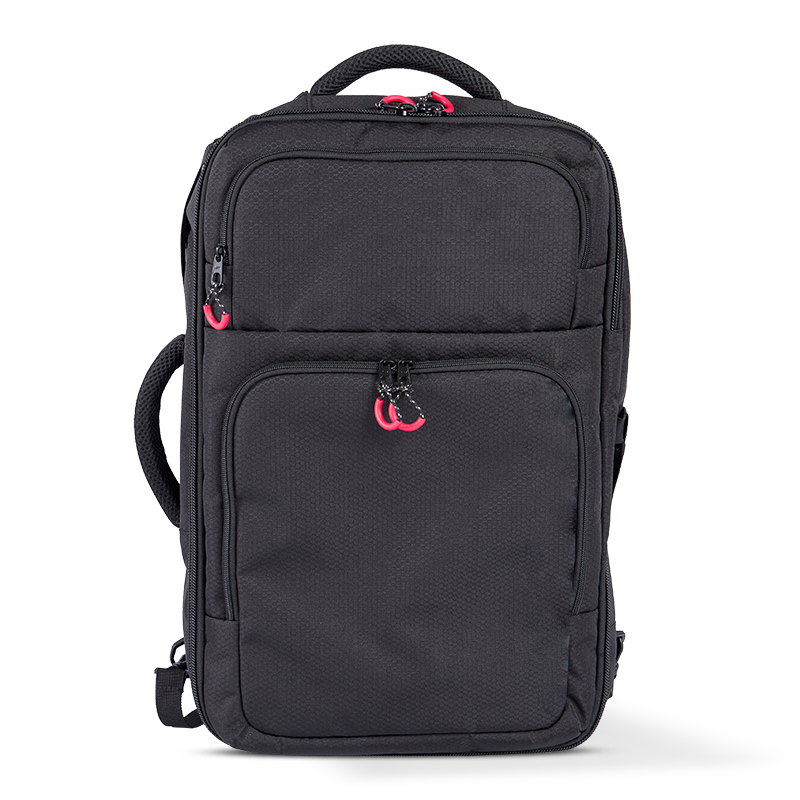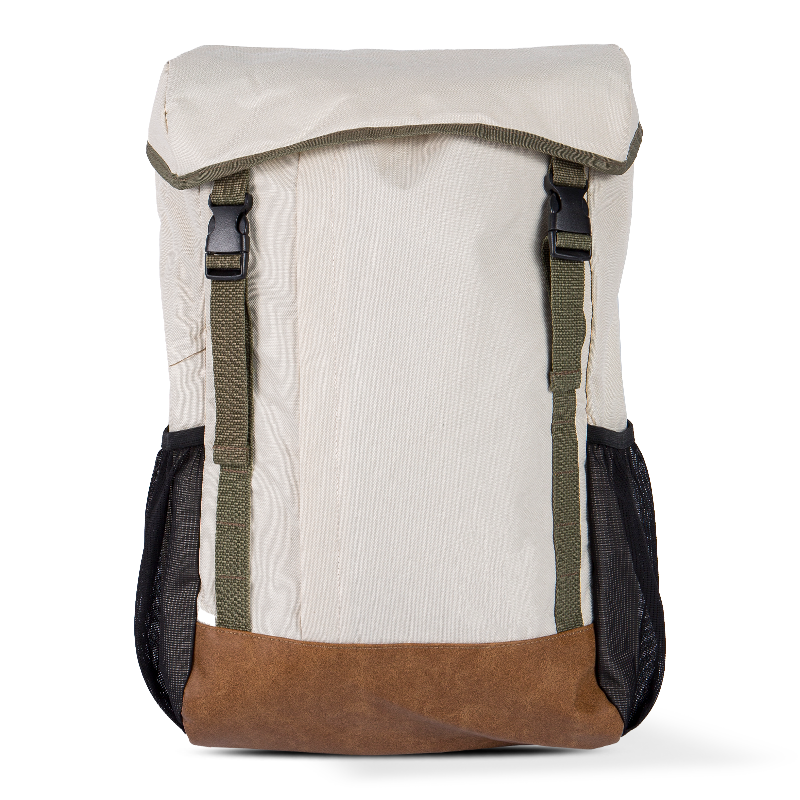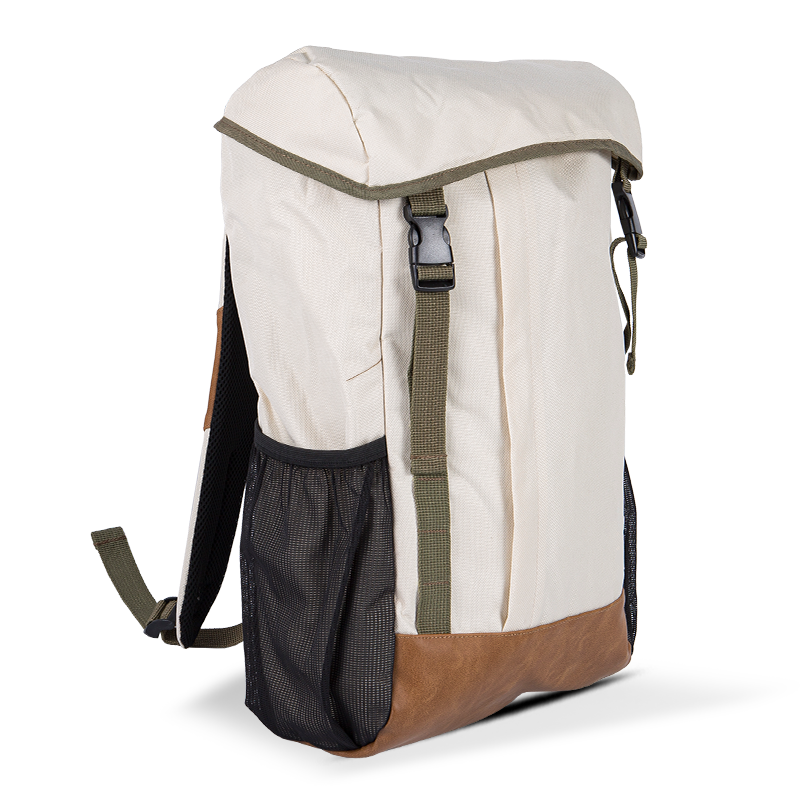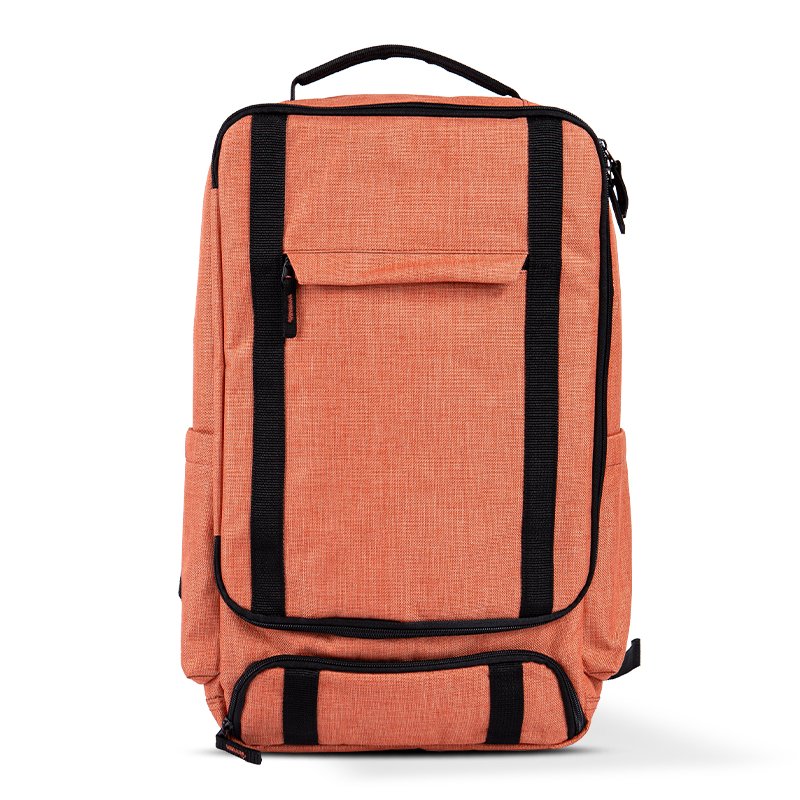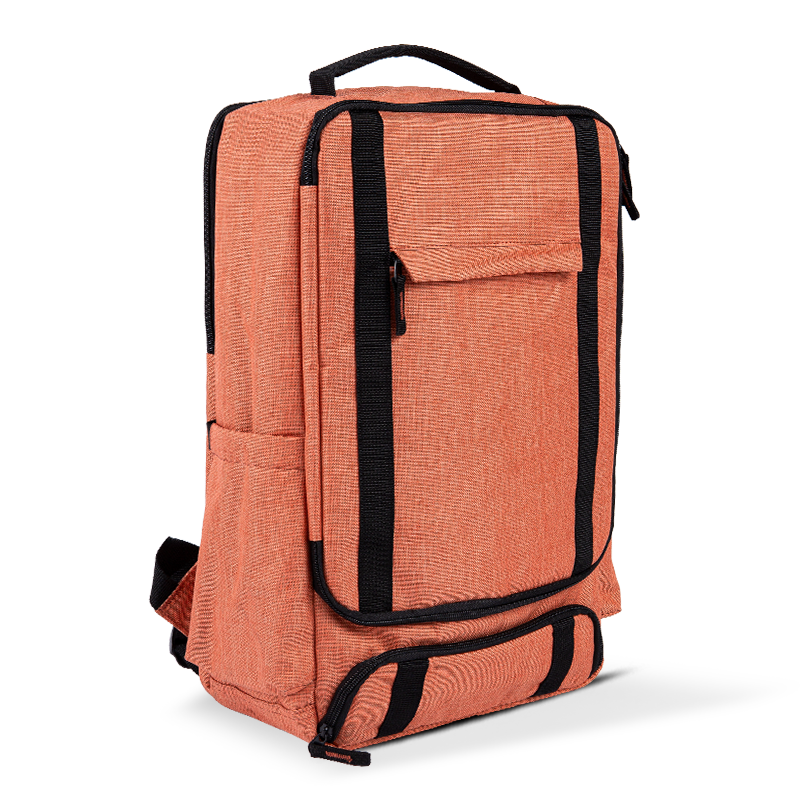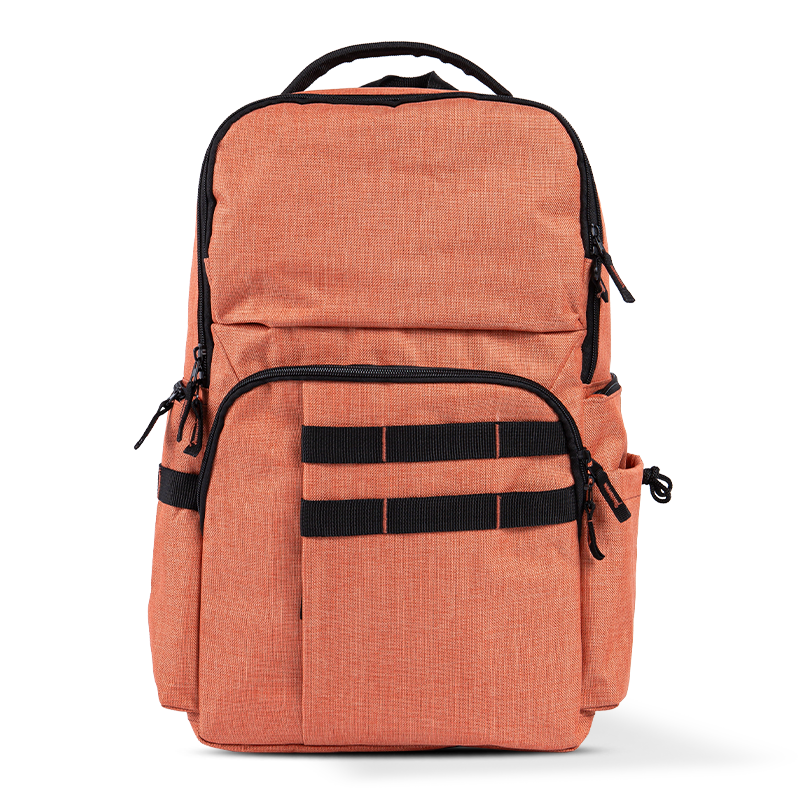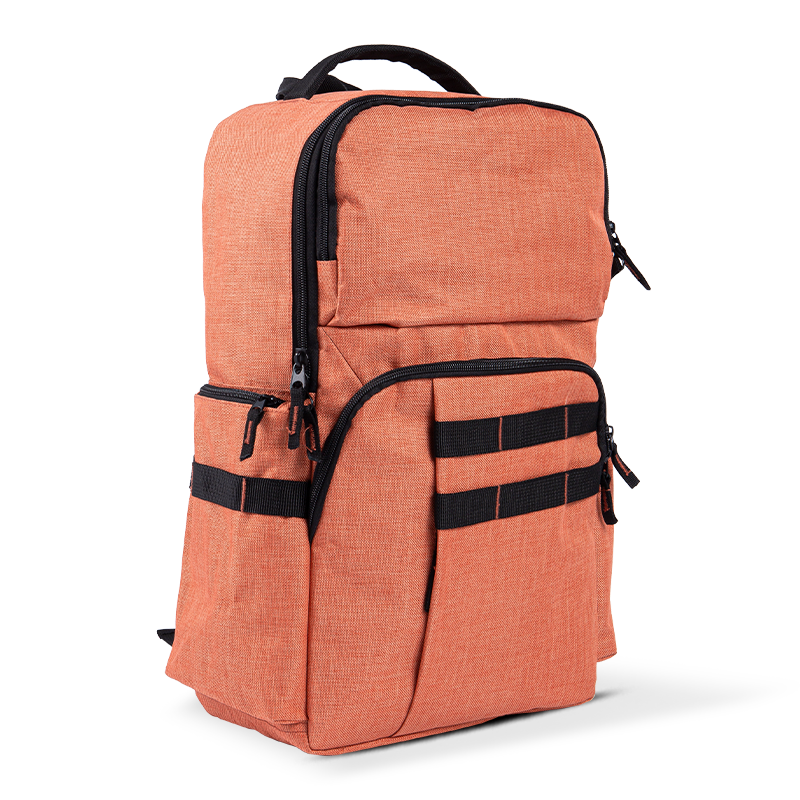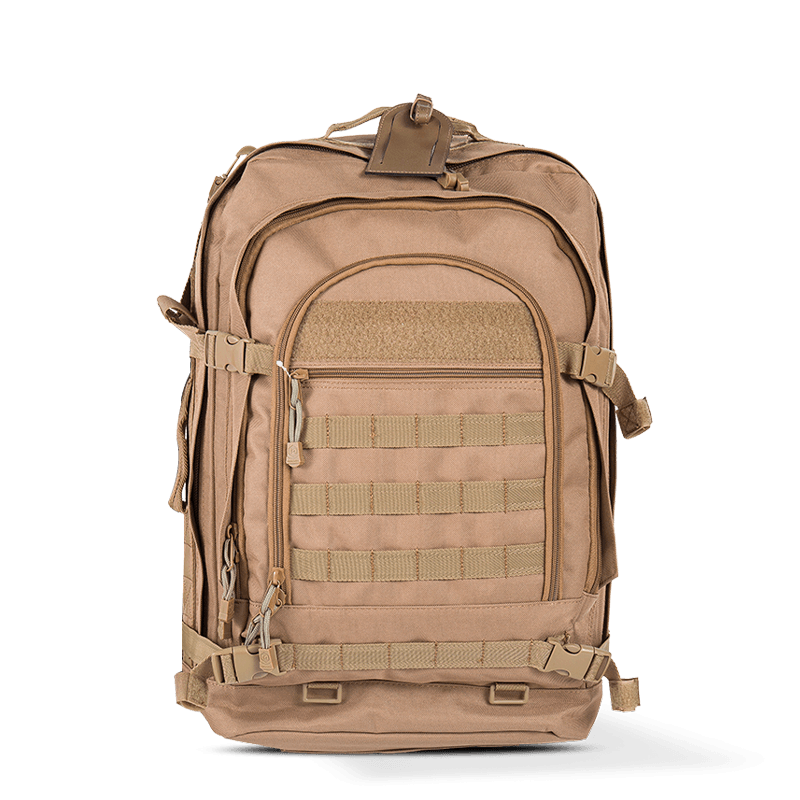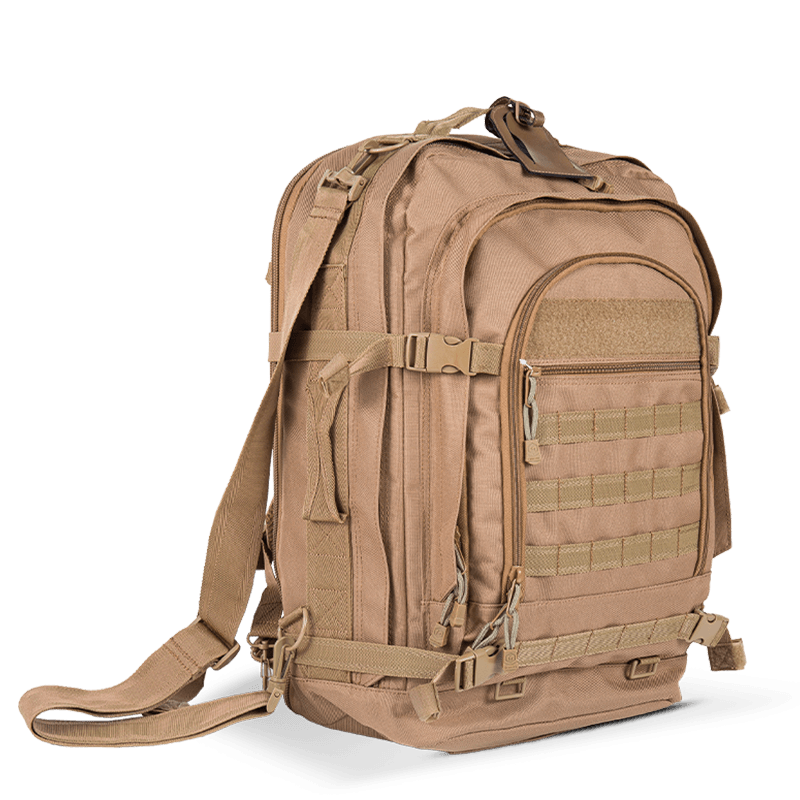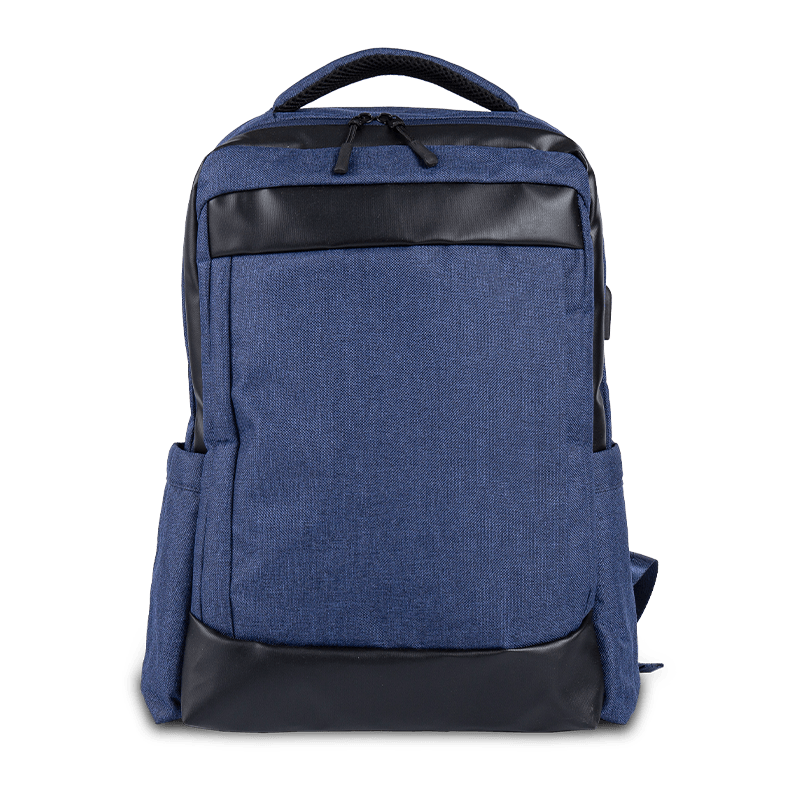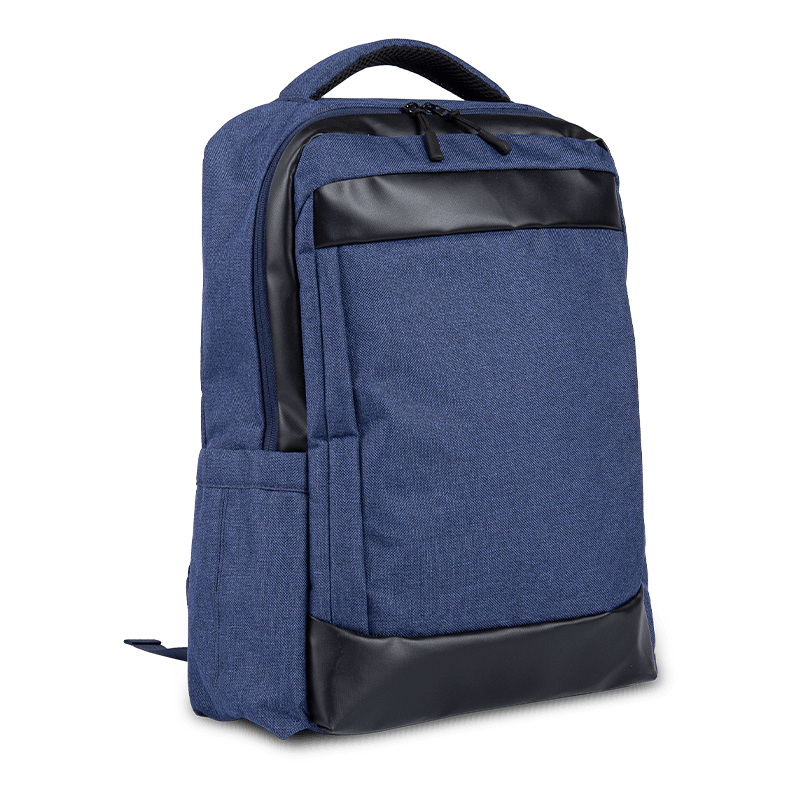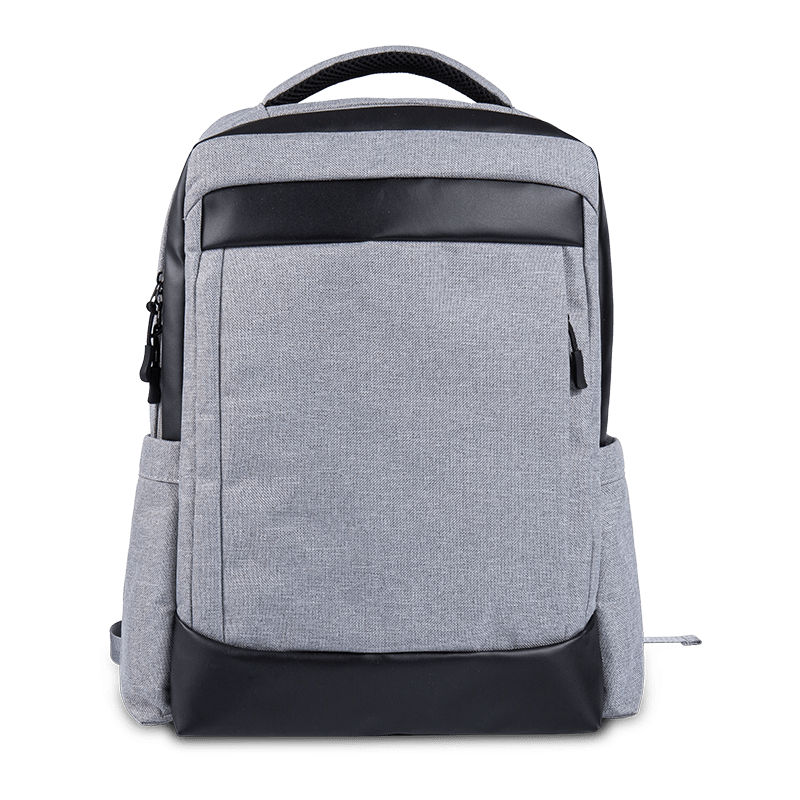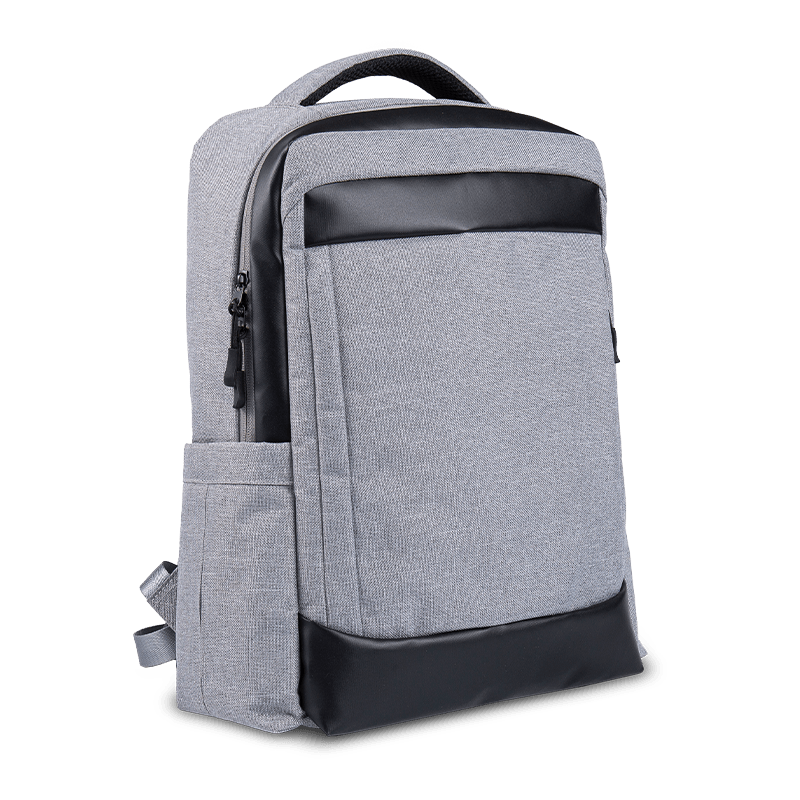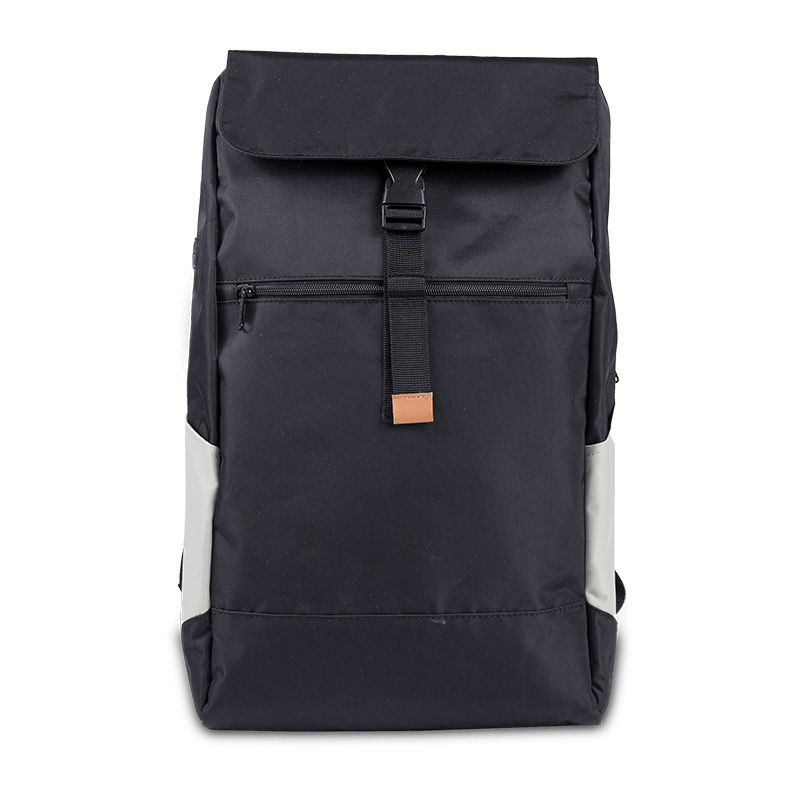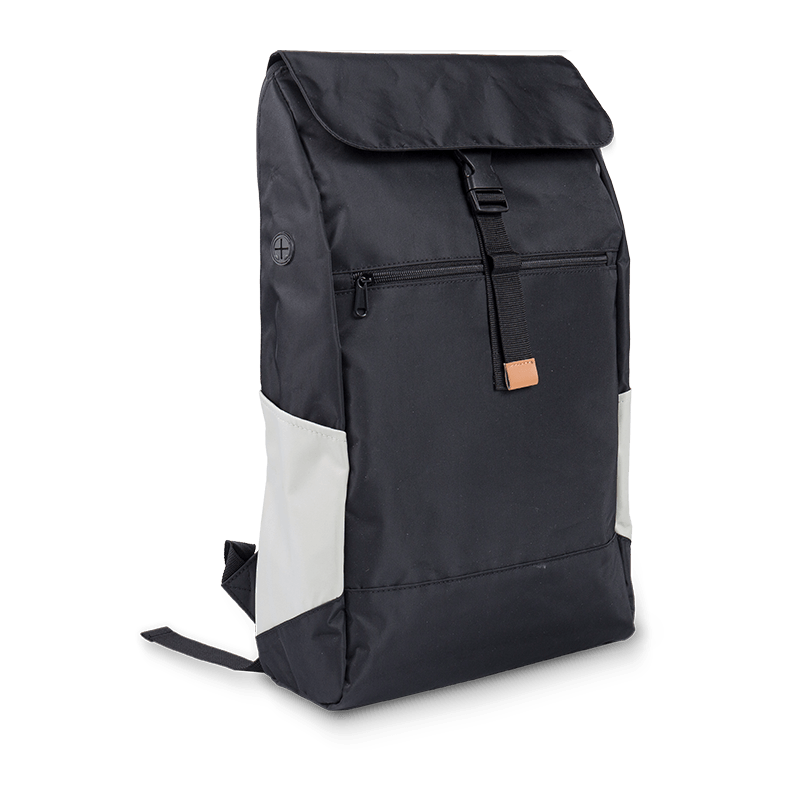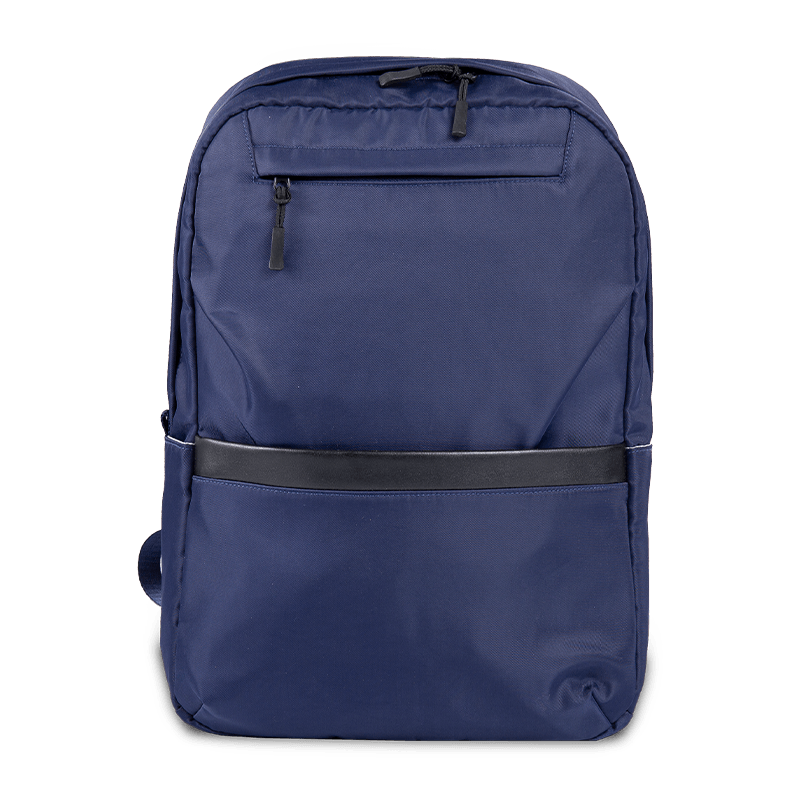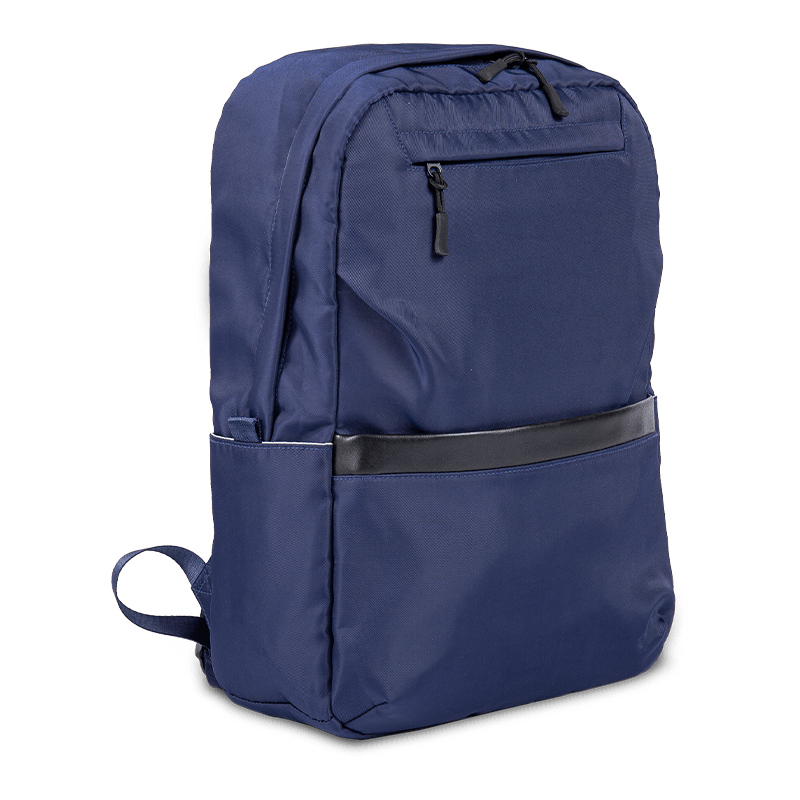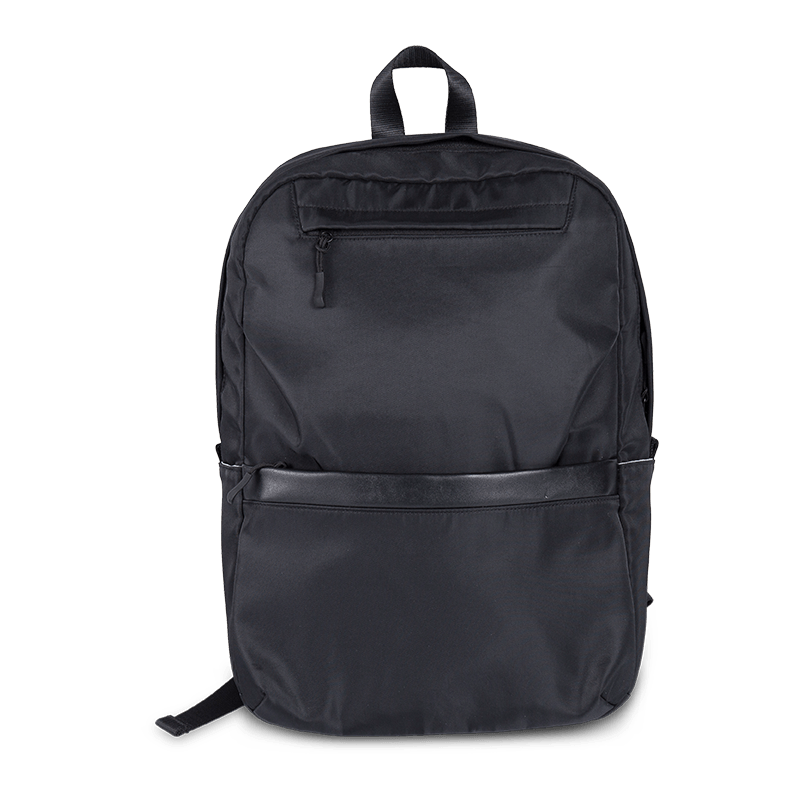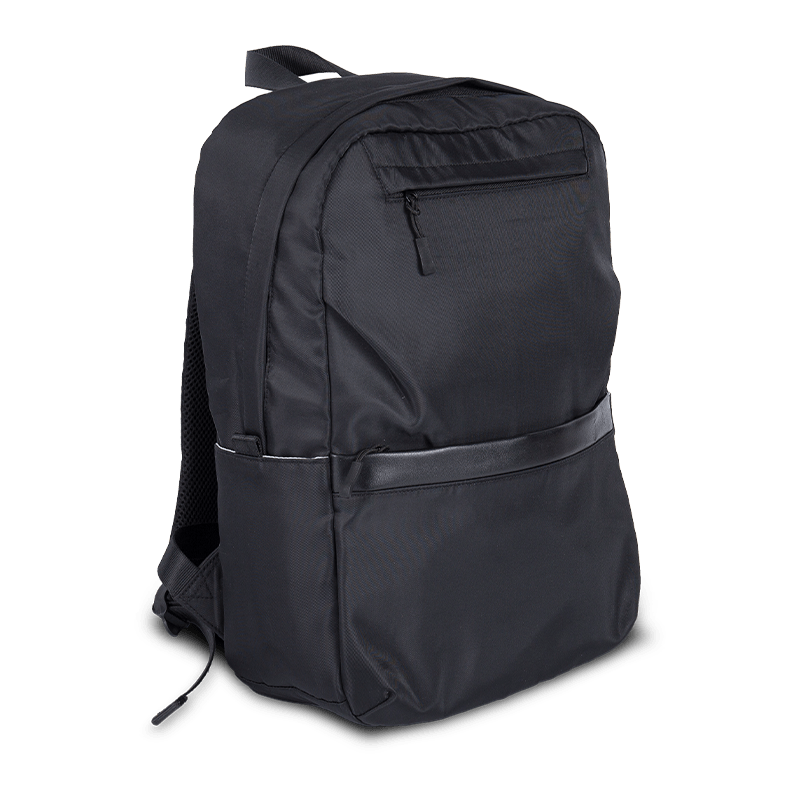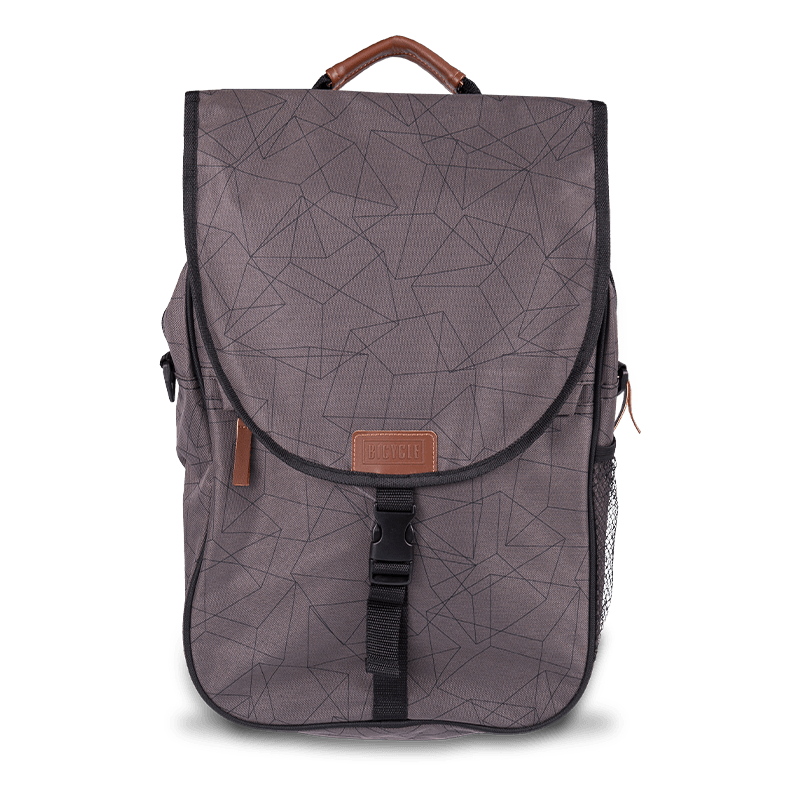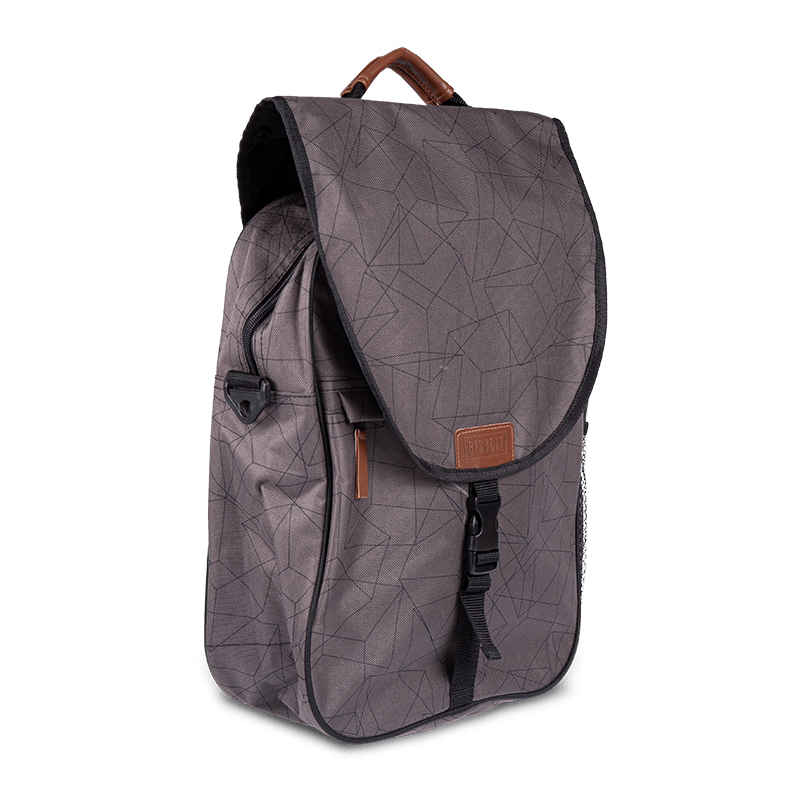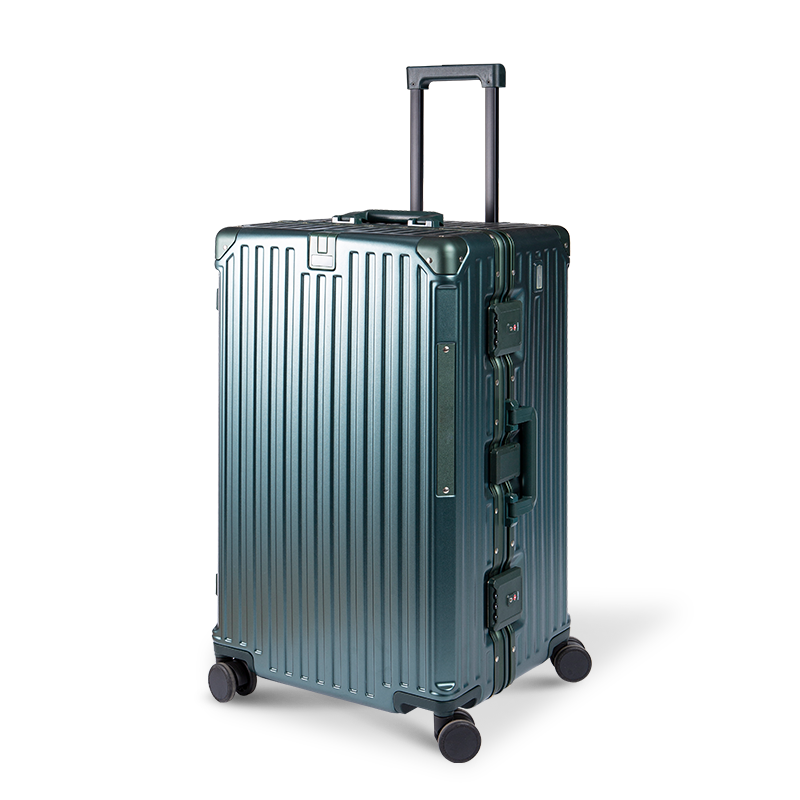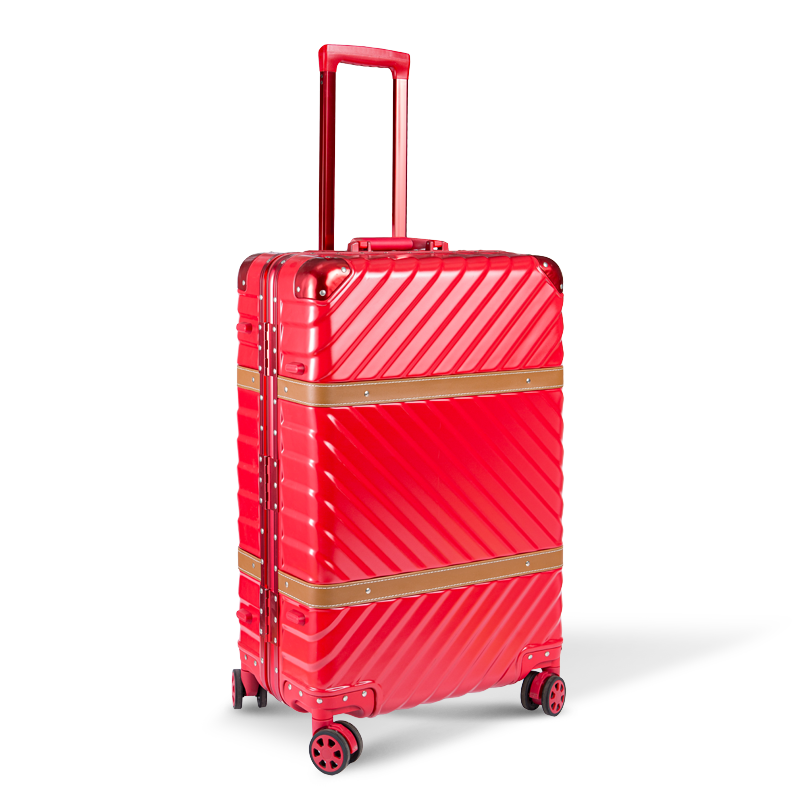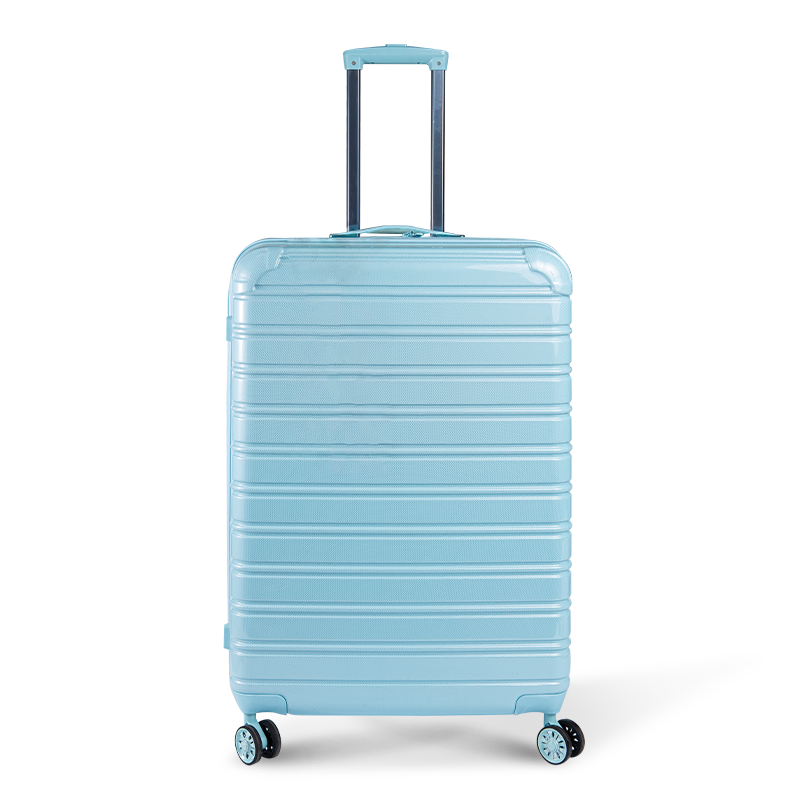Traveling with fragile items—whether it’s electronics, glassware, or souvenirs—can be a nerve-wracking experience. One of the most common questions among travelers is whether hard shell luggage offers better protection for delicate belongings compared to soft luggage. While both types of luggage have their advantages, understanding the materials, design, and usage scenarios can help travelers make informed decisions.
Understanding Hard Shell Luggage
Hard shell luggage is typically made from materials like polycarbonate, ABS (Acrylonitrile Butadiene Styrene), polypropylene, or aluminum. These materials are known for their rigid structure and resistance to impact. The rigid shell provides a solid outer layer that prevents items inside from being crushed under pressure, making it particularly appealing for travelers carrying fragile goods.
Key characteristics of hard shell luggage include:
- Impact Resistance: Polycarbonate and aluminum cases can absorb shocks and distribute pressure across the surface.
- Water Resistance: Most hard shell suitcases are either waterproof or highly water-resistant, protecting items from spills or rain.
- Security: Many hard shell suitcases come with integrated TSA-approved locks or combination locks, offering extra protection against theft.
- Shape Retention: Unlike soft luggage, hard shell luggage retains its shape, preventing items from being compressed unevenly.
Soft Luggage: Flexibility Over Rigidity
Soft luggage is commonly made from fabrics such as nylon, polyester, or canvas. These materials offer flexibility and lighter weight, which can be advantageous for maneuvering through crowded airports or over long distances.
Advantages of soft luggage include:
- Expandable Compartments: Soft luggage often features expandable sections, allowing travelers to pack more items or accommodate oddly shaped belongings.
- External Pockets: Many soft cases include multiple external pockets, making it easier to organize small items.
- Lightweight Design: Soft luggage is often lighter than hard shell luggage of similar size.
However, the very flexibility that makes soft luggage convenient also limits its protective ability. Fragile items are more vulnerable to crushing or punctures, especially when checked in.
Comparing Protection for Fragile Items
-
Impact Resistance
Hard shell luggage distributes force across its rigid surface, reducing the risk of damage to contents. For instance, if a suitcase is accidentally dropped or pressed under other luggage, a polycarbonate shell can absorb and spread the impact. Soft luggage, on the other hand, relies mostly on padding and the fabric’s elasticity, which offers limited protection against sharp or heavy objects pressing against it. -
Internal Padding and Organization
While hard shell luggage provides a strong exterior, the interior protection can vary. Most models feature lining, straps, and sometimes foam padding, but delicate items may still need additional wrapping, such as bubble wrap or clothing cushioning. Some soft luggage designs include padded compartments for electronics or valuables, but they remain more susceptible to crushing compared to a hard shell. -
Water Protection
Spills or rain can damage fragile items like electronics or documents. Hard shell luggage, especially polycarbonate or ABS cases, prevents water from easily seeping inside. Soft luggage, even when water-resistant, cannot guarantee complete protection against heavy rain or liquid spills. -
Handling and Stackability
Airline baggage handling often subjects luggage to rough treatment. Hard shell cases are better suited to withstand stacking under heavier bags or trolleys. Soft luggage may deform under weight, increasing the risk of damage to fragile contents.
Limitations of Hard Shell Luggage
Despite its advantages, hard shell luggage is not perfect:
- Weight: Some hard shell materials, especially aluminum, are heavier than soft luggage. Travelers must balance protection with portability.
- Cracking Risk: While rigid, hard shell luggage can crack under extreme impact. ABS luggage, in particular, may break if dropped from significant heights.
- Limited Expandability: Hard shell suitcases cannot be expanded as easily as soft luggage, which may make packing delicate items alongside bulky clothing more challenging.
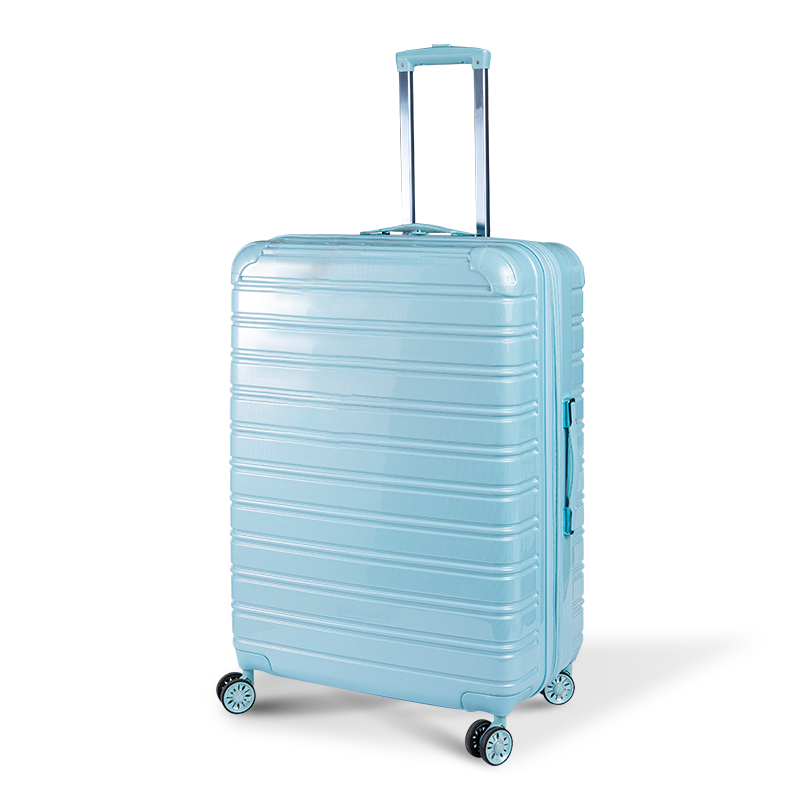
Tips for Protecting Fragile Items Inside Luggage
Even with a hard shell suitcase, careful packing is essential:
- Use Padding: Wrap fragile items in clothing, bubble wrap, or packing cubes.
- Pack Strategically: Place heavier items at the bottom and fragile items in the middle, cushioned by soft garments.
- Utilize Compartments: Many hard shell suitcases include separators or straps; these prevent items from moving around.
- Carry On When Possible: For highly fragile or valuable items, keeping them in a carry-on bag provides maximum control and reduces risk.
- Consider Specialized Cases: For electronics, cameras, or glassware, padded insert cases provide extra protection within your hard shell luggage.
Real-World Scenarios
- Business Travelers: Laptops, tablets, and presentation equipment benefit from the structured protection of hard shell luggage. A polycarbonate case reduces the risk of dents or pressure damage when traveling frequently.
- Vacationers with Souvenirs: Hard shell luggage protects delicate glass or ceramic items bought on trips, especially if padded with clothing or bubble wrap.
- Family Travel: Soft luggage may offer more packing flexibility for clothing and bulky items, but fragile toys, bottles, or electronics are better stored in a hard shell compartment.
Conclusion
So, can hard shell luggage protect fragile items better than soft luggage? The answer is generally yes, due to its rigid exterior, impact resistance, and water-resistant design. While soft luggage provides flexibility, lighter weight, and convenience, it cannot match the structural protection that a hard shell suitcase offers.
However, the level of protection ultimately depends on how you pack your items. Proper padding, strategic placement, and careful handling are crucial regardless of the luggage type. Combining a hard shell exterior with thoughtful interior packing ensures that fragile belongings arrive safely, making it a preferred choice for travelers prioritizing durability and security.
In summary, for those carrying delicate electronics, glass, ceramics, or other breakable items, hard shell luggage provides superior protection, while soft luggage may be better suited for light, flexible packing where fragility is less of a concern.

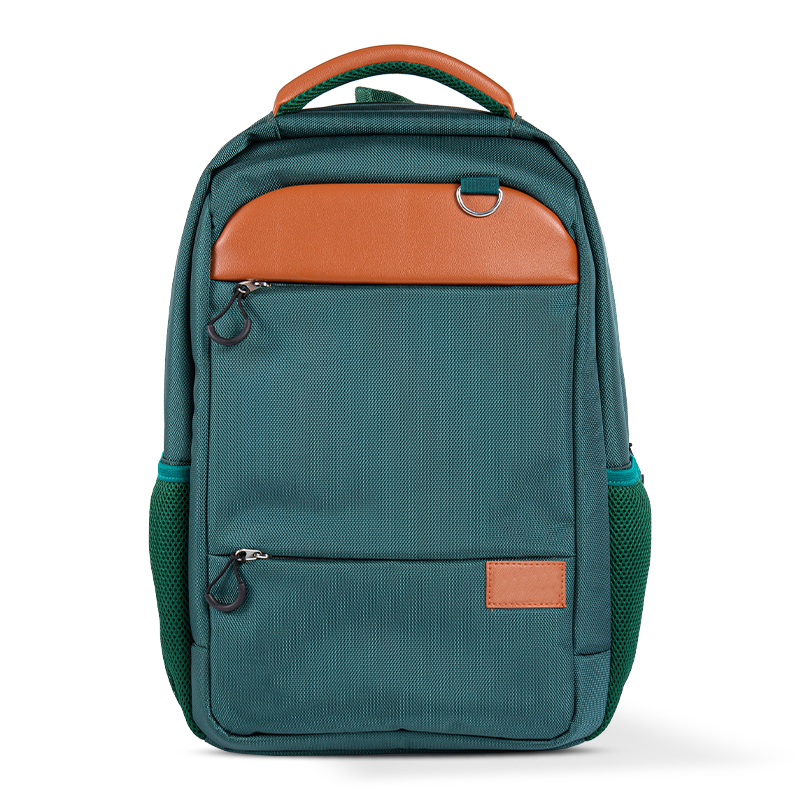
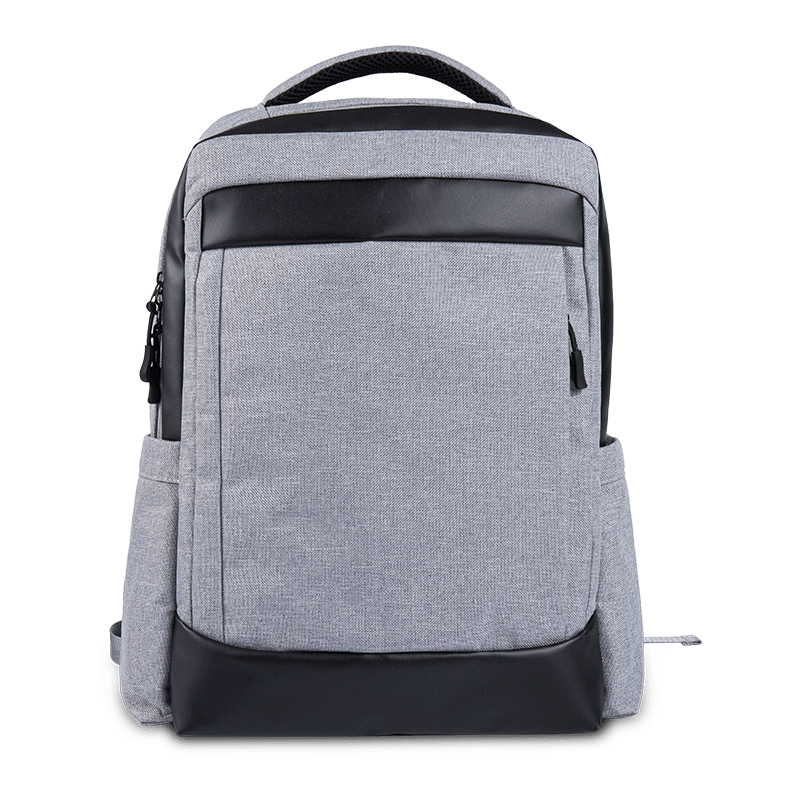
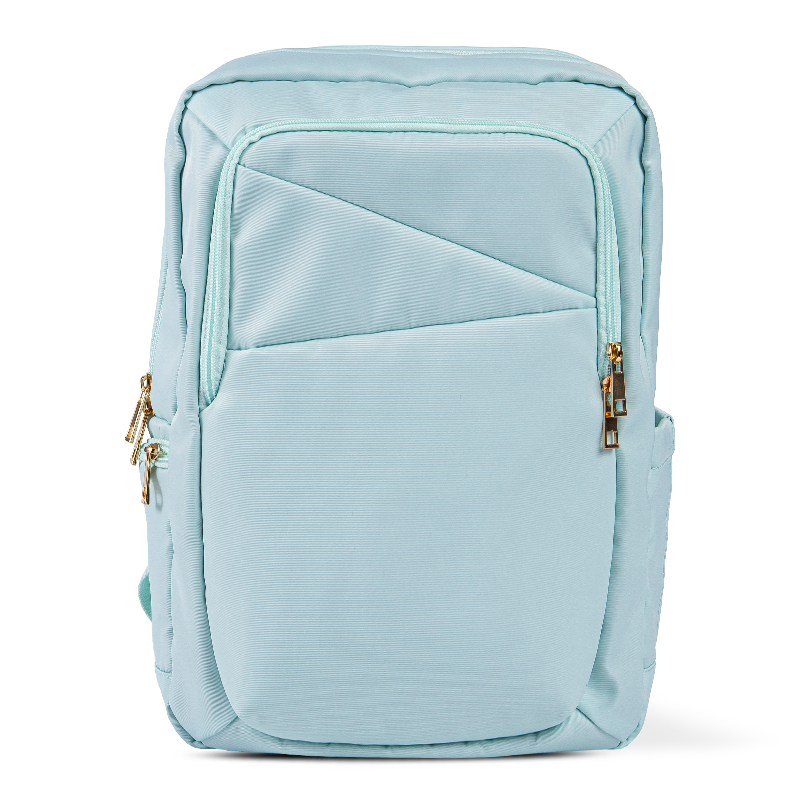
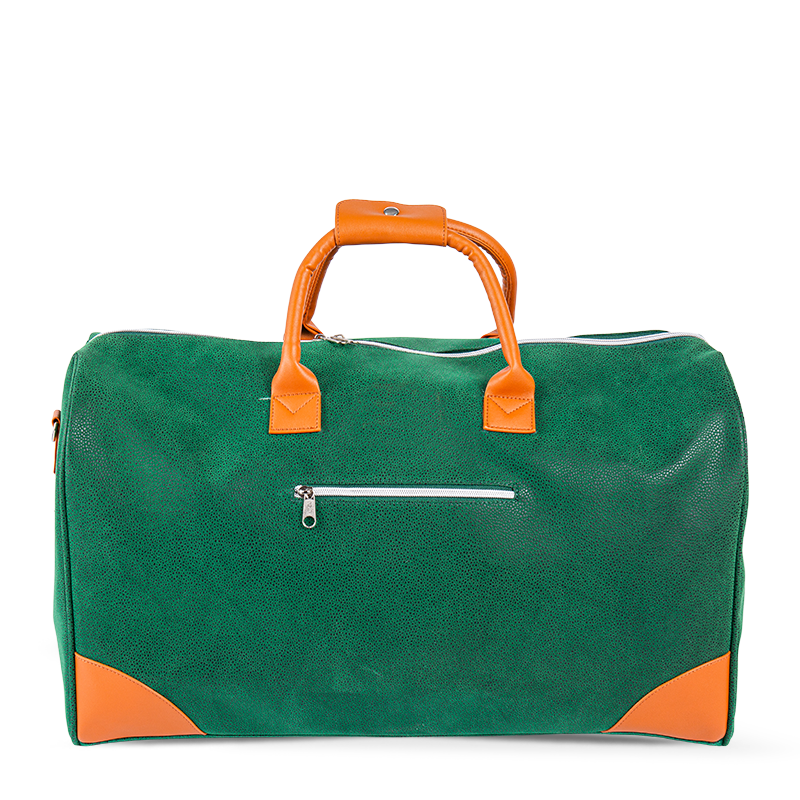
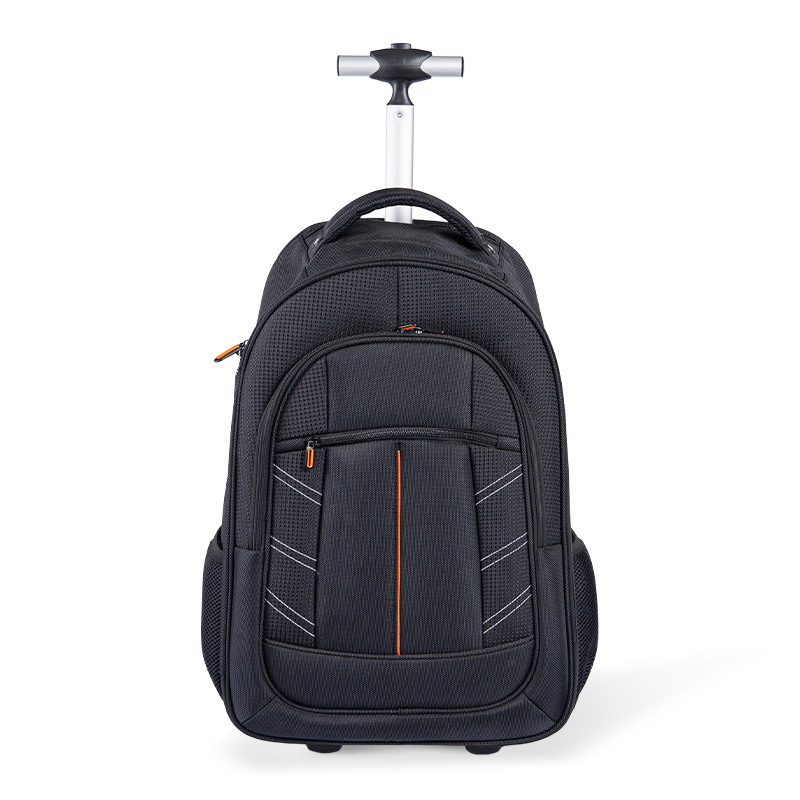
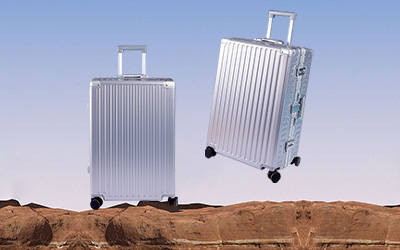
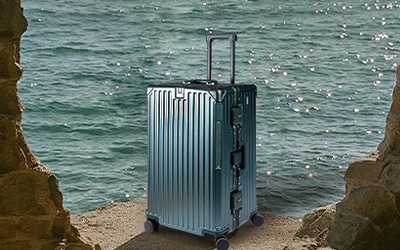
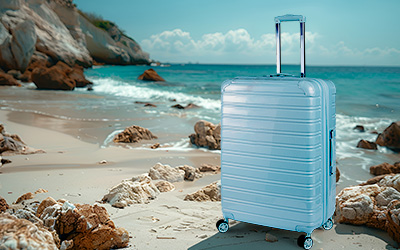
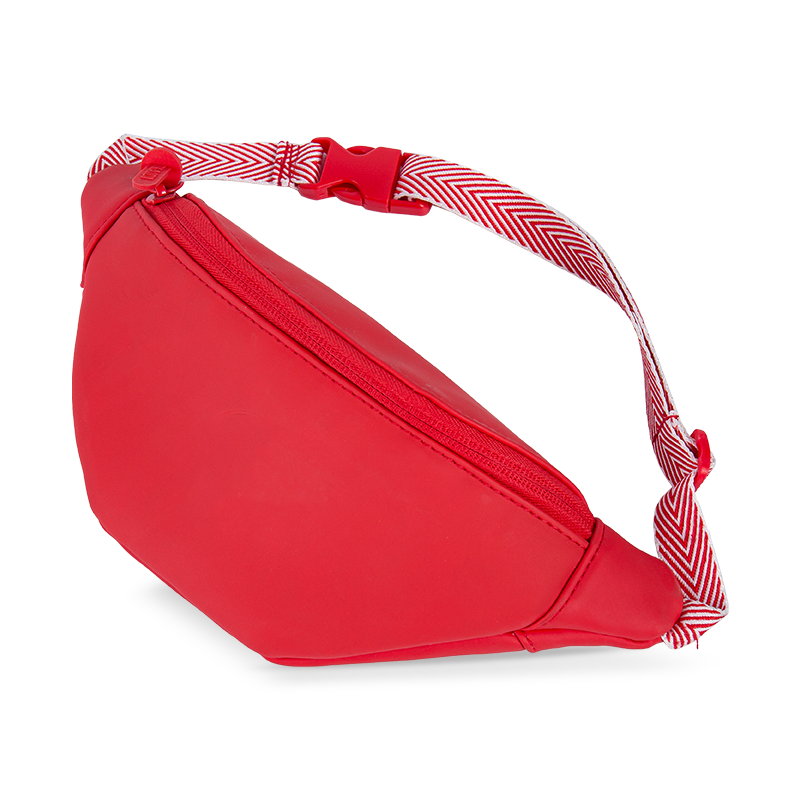
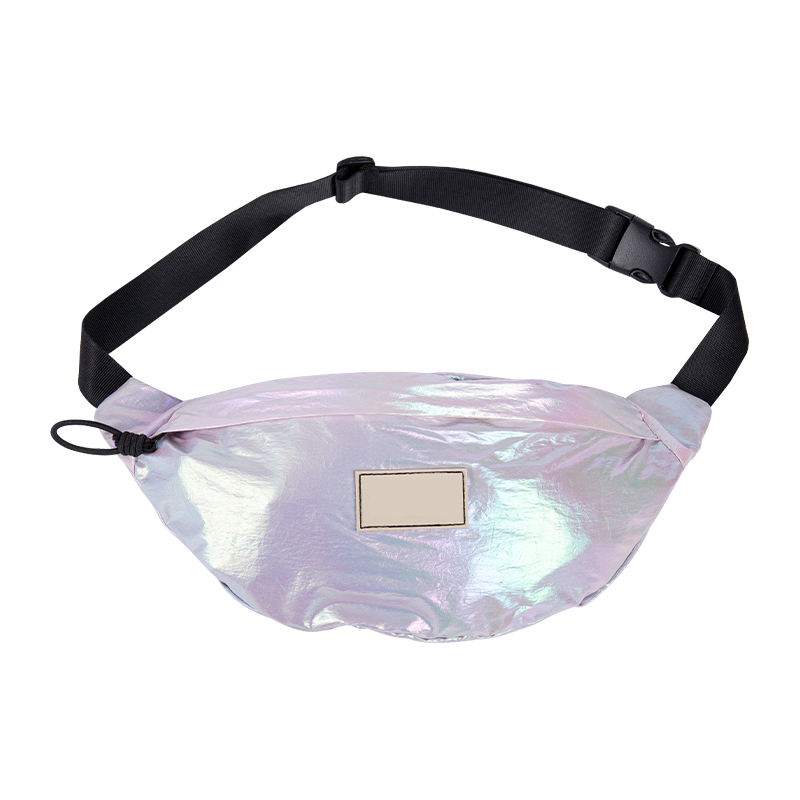
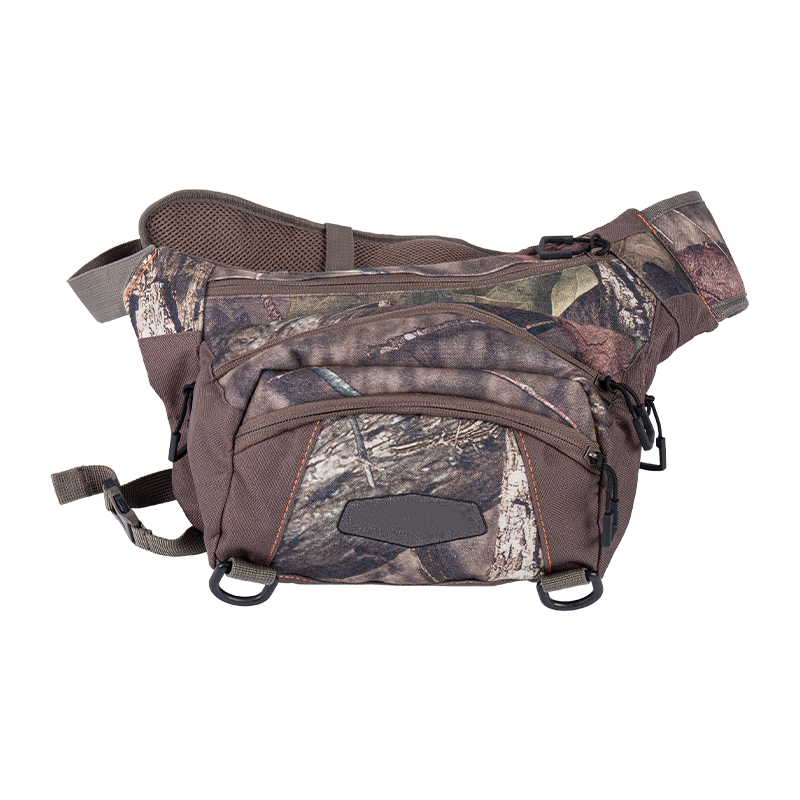



 English
English Español
Español عربى
عربى